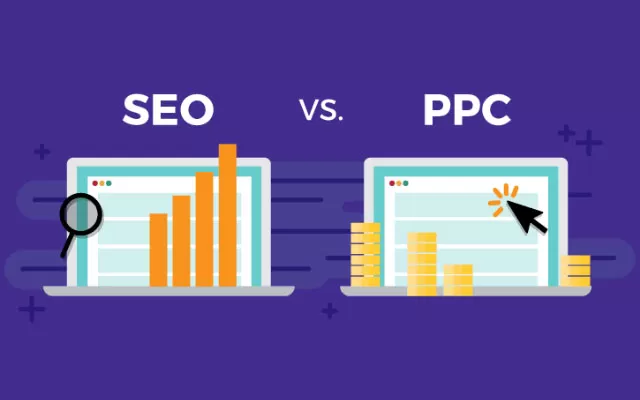The common goal and primary aim of SEO and Google Ads is to direct consumers to the target website. However, it should be noted at the outset that it is not correct to expect Ads to have the same effect as SEO search results.
Approaching Google Ads with the same logic as SEO can lead to missed opportunities. Search engine optimization (SEO) is very different from pay-per-click advertising. It would be unreasonable to expect instant results in SEO for search results when the goal of directing users or consumers to the website is the same for both. Similarly, approaching Google Ads with the same logic as SEO can also result in missed opportunities!
Ranking for SEO and Google Ads
SEO and Google Ads Internal Links
When internal links for SEO and Google Ads are analyzed; they are also important for SEO, but not for Google Ads. Your site’s internal link and navigation hierarchy shows search engines which pages are more valuable. More link authority flows to pages that link from the homepage or from the header and footer navigation, giving them a greater chance of ranking and increasing revenues.
Visibility of Entries
SEO and Google Ads Costs
Google Ads can be tracked by keyword, from impressions to clicks to revenue. You can easily identify which keywords provide the most value. This is not the case with SEO. Thanks to safe search, Google no longer reveals the link between keyword and conversion. Organic search marketers can see Google and Bing traffic data with a keyword in Google Search Console or Bing Webmaster Tools, but not in an analytics package. Yes, Google Analytics has a report for organic keywords, but 75 to 95 percent of the data is made up of results that fall outside of that report. The remainder is not enough to make a decision.
The cost associated with paid search is the final and most noticeable difference. Corporate SEO is not free, as some may imagine. It requires significant ongoing investments to analyze and implement content, structure and other optimizations. Paid search expenses are more transparent: you bid on keywords and manage campaigns, but Google Ads may provide assistance from a Google or Bing employee without requiring payment if you spend a sufficient amount.

